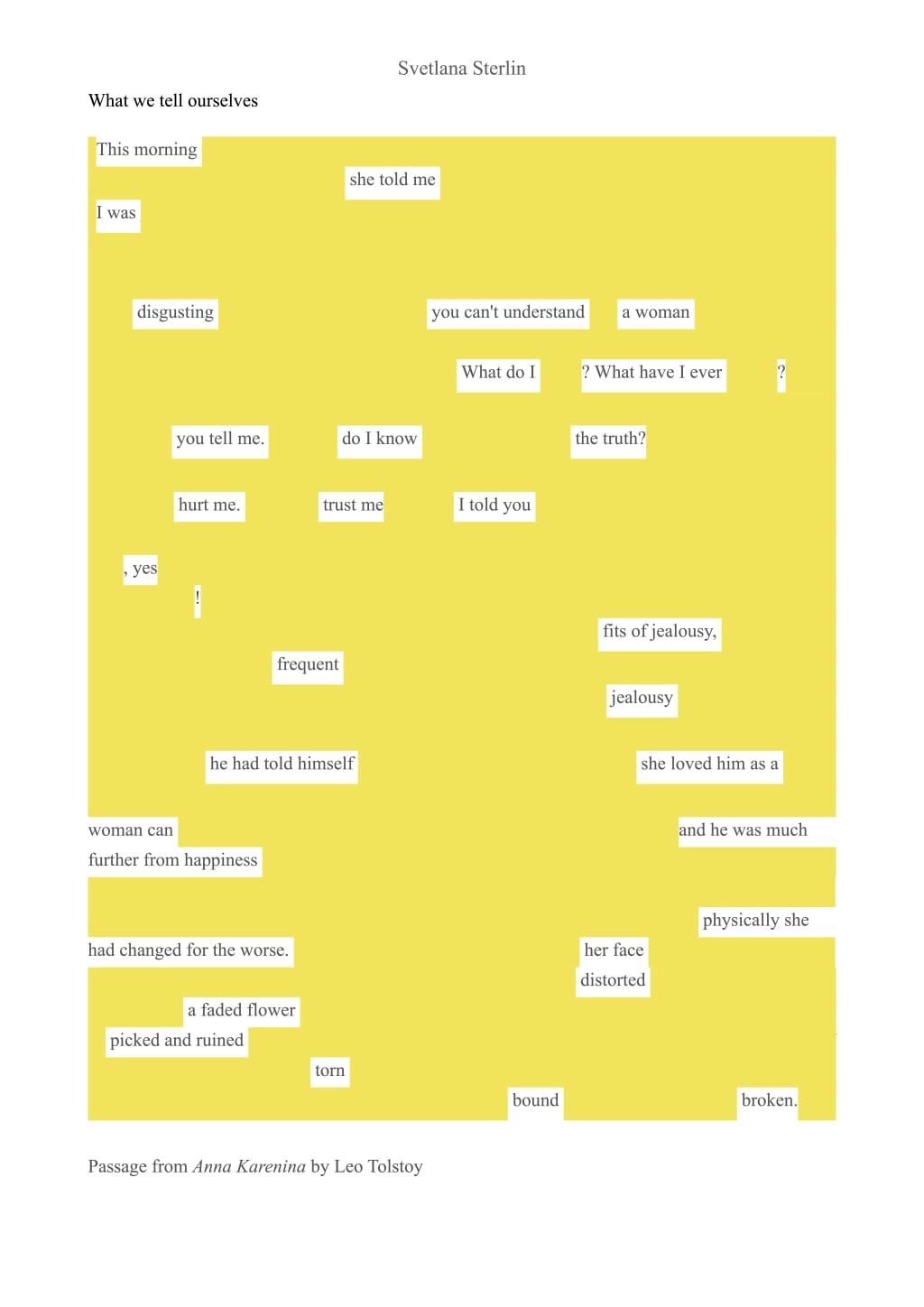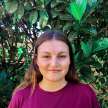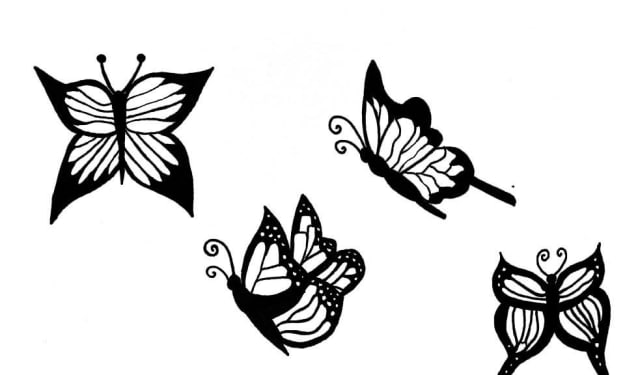What we tell ourselves
A found poem using words from Anna Karenina

I picked up Leo Tolstoy’s Anna Karenina—well, I picked up an iPad with the book downloaded—in January of 2019, but it took me nine months to finish reading it. This, in conjunction with the circumstances in my life that prolonged the reading experience, allowed me to better absorb the story’s impact. The book defined my mood for much of 2019, even though the plot doesn’t seem so groundbreaking compared to other classics I’ve read. The protracted time I spent in this world, as well as my curiosity about my Russian roots, made the story mean more to me. I felt compelled to try writing a found poem using a passage that stuck with me.
A found poem is one in which the poet takes words or phrases from an existing piece of work and creates new meaning from the original piece. At the time of reading Anna Karenina, I had recently started to play with found poetry, and I knew I could find a great one in a novel that had such a great impact on me—and that is so well written.
I took a passage that stuck with me from Leo Tolstoy's Anna Karenina and selected a few words or sequences of words that I really liked. I highlighted out the rest, changing my mind here and there until I came up with this image above. I knew that I wanted to deliver a message that supports the feminist story of Anna's woes.
This Russian novel may seem formidable at first but is absolutely worth reading. Published in 1877, the book is about a woman named Anna Karenina, who is married to a powerful aristocrat. The novel opens with her brother Oblonsky's confession to cheating on his wife. He is quickly forgiven and allowed to resume his normal life, but when Anna abandons her husband for a younger, less esteemed man, she is ostracised.
This man, Count Vronsky, had been preparing to marry Kitty, who is the younger sister of Oblonsky's wife Dolly.
As a man, Oblonsky is not publicly shamed for his infidelity, but Anna must give up her entire life, including her beloved young son.
In the poem, I try to access what Anna and her husband must have been feeling at the lowest point in the story. She is essentially diagnosed with hysteria, which was unfortunately common for nineteenth-century women. This diagnosis, along with Anna's inner turmoil and society's scorn, makes her feel like she truly is losing her wits.
As she spirals into true hysteria, her husband's disgust with her only grows, and his abusive nature becomes even more apparent. Anna has been repulsed by him for some time now, and he, full of resentment, picks out every unfavorable aspect about her and shames her for it.
So, this poem is a sort of argument between the two main characters, found between the lines of Tolstoy's story. Of course, there's the title. Initially, I had split the poem into parts. The first part is what we women think of ourselves and how we believe everything that is said about us while simultaneously feeling alienated and isolated - like nobody can ever understand us. As the poem progresses, the narrator becomes increasingly riled and hysterical, arguing with anything that speaks.
Like Anna, by the end of the poem, the narrator is completely distraught and believes everything that has been said of her. This poem both channels and reflects Anna's emotional journey throughout the novel.
I'd also like to think that I attempt to examine the male gaze here, especially in the third part: "He had told himself / she loved him / as a woman can / and he was much further from happiness." To me, this is the closest I can get to understanding Karenin's feelings when Anna leaves him. She still loves him in the only way she can, and she still loves their son, but that only makes him feel worse. However, these lines also comment on the scrutiny of the male gaze, how it can make women feel inadequate, and how men like Karenin can be so difficult to satisfy, especially when they think they have everything.
Thank you to Kind Writers for publishing this poem in the magazine's first issue.
About the Creator
Svetlana Sterlin
Svetlana Sterlin is based in Brisbane, Australia, where she writes prose, poetry, and screenplays. The founding editor of swim meet lit mag, she also edits with Voiceworks.
More from Svetlana: https://linktr.ee/svetlanasterlin






Comments
Svetlana Sterlin is not accepting comments at the moment
Want to show your support? Send them a one-off tip.